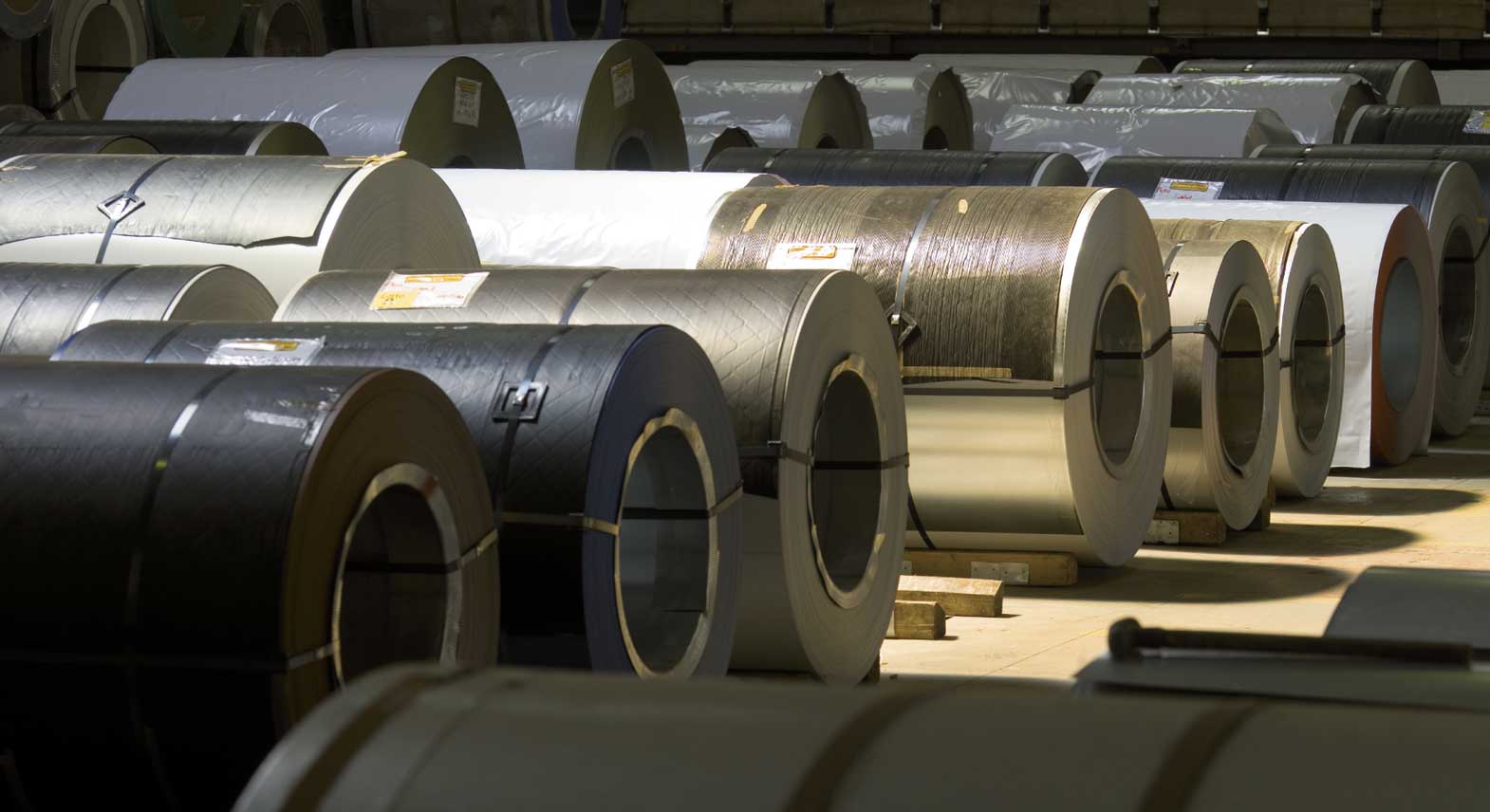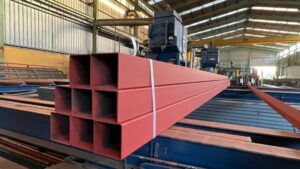Many coil buyers in northwest Europe have been wondering if the recent international crises really have an immediate effect on the availability and the prices of steel products.
What started off with the coronavirus two years ago last year led to an enormous surge of energy prices and to bottlenecks of transportation capacities. On top of this, the war in Ukraine plus embargoes against products from Russia have added to shortages, and consequently, produced higher prices, Kallanish notes.
Still, Germany’s federation of steel fabricators, WSM, in a recent call to member companies and customers to stand together, expressed doubts.
“The enormous price leaps can not generally be explained with the crises and conflicts,” it stated. More concretely, it said that “often, there is no relation between price increases and the Ukraine war as the reason that is given.”
Some consider the recent price dip for coil, on the heels of an unprecedented sudden price rally in March, as symptomatic for a try that’s gone too far. An Austrian manager points at the energy costs cited often by mills, and notes that the skyrocketing spot prices make up only a minor part of the mills’ demand, while most supplies are in fact based on long-term contracts that are left untouched.
A Dutch manager points at an unconventional way one mill has chosen to face the extra burden in alliance with its customers.
“The sky-high energy costs have prompted a European mill to write to its customers, asking them to voluntarily pay an extra per tonne to compensate for these increased costs,“ he tells Kallanish.
Christian Koehl Germany






